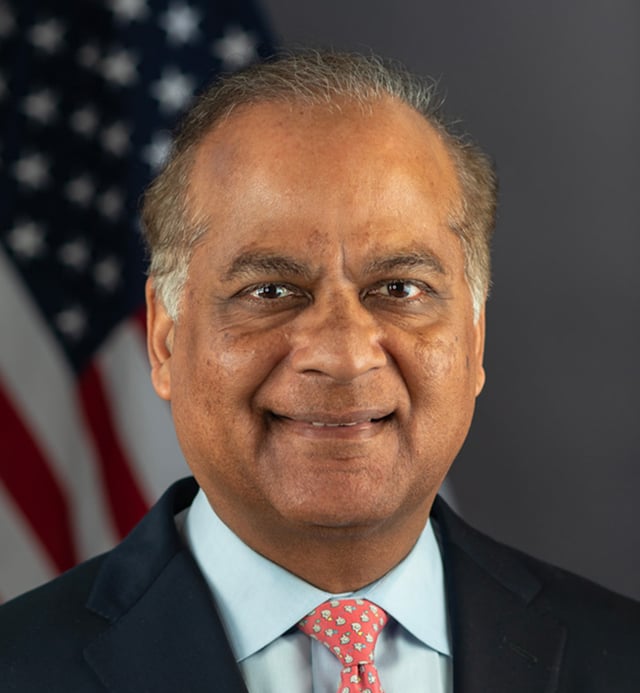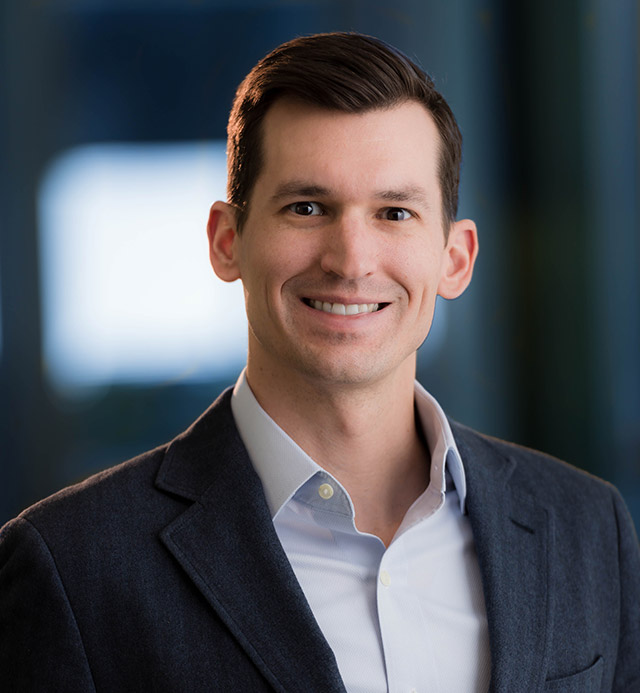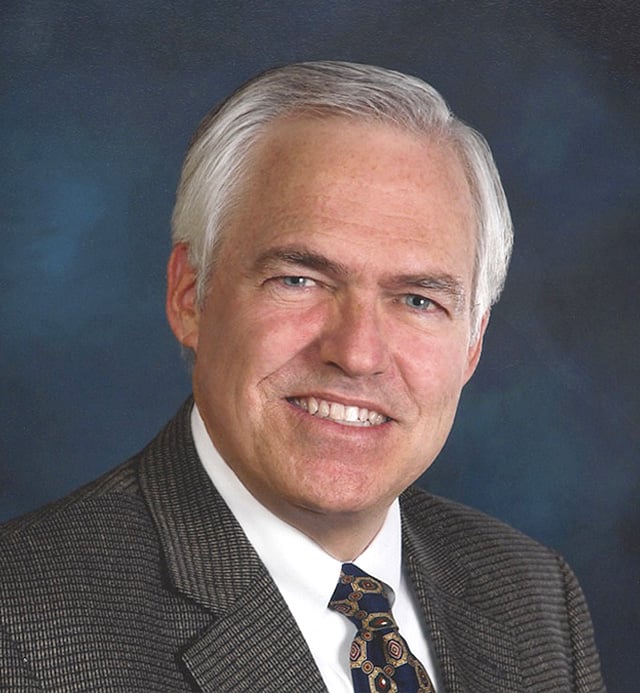-
The Aftermath of Jarkesy: Accounting Experts S.P. Kothari and Robert Conway Explore Potential Impacts on Litigation and the Role of Experts
On June 27, 2024, in a 6–3 majority opinion, the US Supreme Court upheld a ruling by the Fifth Circuit Court of Appeals that the defendants in Securities and Exchange Commission v. Jarkesy were entitled to a jury trial.
In an in-house action, an administrative law judge at the Securities and Exchange Commission (SEC) previously found that the Jarkesy defendants had committed securities fraud and ordered civil monetary penalties, among other sanctions. In its decision, however, the Fifth Circuit vacated the order on the ground that adjudicating the matter in house violated the defendants’ Seventh Amendment right to a jury trial.
Since the passage of the Dodd-Frank Act in 2010, the SEC has pursued civil monetary penalties in hundreds of cases through its own adjudicatory system, in which rulings are made by administrative law judges. The implications of the Supreme Court’s 2024 ruling for these and future proceedings continue to be widely debated.
This debate also raises questions about several critical secondary effects: Jarkesy’s impacts on SEC and Public Company Accounting Oversight Board (PCAOB) enforcement actions, and the role of experts in these proceedings. Accordingly, Analysis Group Vice President John Drum and Associate Henry Mirsberger spoke to two of the firm’s affiliated accounting experts: S.P. Kothari and Robert Conway.
Professor Kothari and Mr. Conway both have experience testifying in SEC enforcement proceedings. Professor Kothari also has served as the chief economist and director of the Division of Economic and Risk Analysis at the SEC, and Mr. Conway was the regional associate director of the PCAOB in Orange County and Los Angeles, CA.
Here are their thoughts on what, if any, changes they anticipate following Jarkesy.
How do you think the ruling in Jarkesy will affect the SEC’s behavior?
S.P. Kothari: As a result of the Jarkesy ruling, I suspect more cases will end up in federal court and, relatedly, the number of cases going to trial will rise. However, contrary to reports in other publications, the increase in court activity may not be as dramatic as one might expect.
The SEC may be more careful about the types of cases it brings to federal court, but it will continue to pursue its objective of demonstrating that there is integrity and accountability in the market. That won’t change, even if there is a modest shift in venue.
“The SEC may be more careful about the types of cases it brings to federal court, but it will continue to pursue its objective of demonstrating that there is integrity and accountability in the market.”– S.P. Kothari
How does Jarkesy affect the role of experts in SEC enforcements?
S.P. Kothari: With jury trials, there is a lot of strategy when it comes to the use of experts. As a result, I would not be surprised if the SEC starts to hire additional staff to assist with enforcement.
Generally speaking, in previous administrative court proceedings seeking civil penalties, the SEC would not rely heavily on experts. The administrative judges themselves would have more familiarity with accounting and finance concepts and regulations, which allowed content, rather than presentation, to be more of a focus.
For those cases that end up in federal court, however, both the SEC and the defendant will require experts who are skilled at providing compelling discussion of highly complex issues to juries composed of laypersons. I suspect that there will be an increase in the demand for high-caliber experts and lawyers specializing in dealing with the SEC.
Such experts will need to hone their presentation skills, and presentation in front of a judge and jury will carry a premium. Experts who can quickly establish a rapport with the juries will be highly sought after, and experts will need a strong presence of mind in deposition, as salient topics will likely be reintroduced in trial.
At the same time, credibility will continue to be an important characteristic of experts. Having the ability to withstand Daubert challenges and come across as a knowledgeable and relatable expert will remain crucial.
In your opinion, what about the Jarkesy decision may impact the PCAOB’s enforcement actions?
Robert Conway: First of all, the impact of this decision goes beyond just the SEC, as other governmental agencies, including the FTC [Federal Trade Commission], for example, have had the ability to conduct hearings before administrative law judges instead of taking matters to federal court.
But then there is the PCAOB, which operates under SOX [the Sarbanes-Oxley Act] with oversight from the SEC. Under the SOX statutes, the PCAOB is only statutorily authorized to conduct hearings using administrative law judges.
Does this mean PCAOB defendants will get a free pass?
Robert Conway: Sorry. No free pass. The PCAOB can still refer cases to the SEC, which the SEC can then take to federal court for trial, if it chooses to do so.
However, this will unfortunately add to an already-backlogged court system. Additionally, the SEC has limited resources, and there is no guarantee that the SEC will accept every referral from the PCAOB.
This comes at a time when the PCAOB chair has accelerated the volume of enforcement actions and started pursuing larger penalties. Thus far, many of the PCAOB’s enforcement actions have ended in settlements, obviating the need to initiate administrative hearings.
So, while one might expect the Jarkesy decision to tilt the negotiating field slightly in favor of defendants, audit firms under scrutiny may continue to seek settlements. The SEC has generally tended to take on the larger and more high-profile cases against audit firms, individual auditors, and the officers of public companies. It’s possible that only the more contentious and egregious cases may find their way into federal court.

Henry Mirsberger: Associate, Analysis Group
It’s been reported that the SEC decided to drop eight of its Rule 102(e) proceedings against accountants following the Jarkesy ruling. Could you explain what those are and how Jarkesy may play into those types of actions?
Robert Conway: That is another interesting wrinkle. Rule 102(e) actions are used to bar lawyers, accountants, and other professionals from practicing before the SEC due to improper professional conduct. But they can only be brought administratively, and in the cases you mentioned, several of the accountants were challenging the use of administrative proceedings.
The PCAOB’s enforcement toolkit also has included such practice bars. Thus, the PCAOB’s ability to enforce practice bars may be similarly up in the air.
Ultimately, then, how do you expect the Jarkesy decision to affect the use of experts in future PCAOB enforcement actions?
Robert Conway: Settlement discussions and preparation for trial may focus more on questions such as “How will this play in front of a jury?” and “How do we best help the jury fully understand what has happened and who was at fault?”
The ability to distill complex matters into something a diverse group of jurors can understand will be an important skill for experts to demonstrate, not just in expert reports but also at trial, using visual aids. ■
From Forum 2024.



